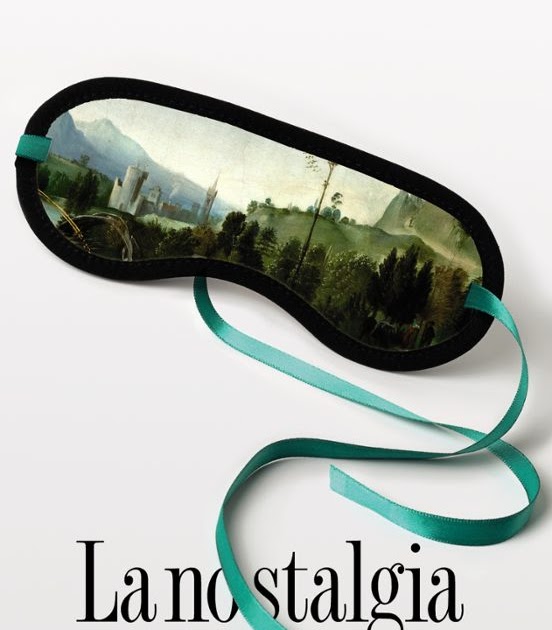
Original Language: French
Títutulu Original: Nostalgia. When are we at home?
Translation: Alicia Martorell Linares.
Year of publication: 2013.
Valoración: almost irresate
After reading it twice within about six months, I have to say that books like this make one, almost throw the towel. On the one hand, because his pure postulate is something that one cannot or do not agree: nostalgia as a powerful argument on which to speculate and wander. Its explanation, not exempt from the most simplistic controversy (let’s associate it with the term nostalgic as a retrograde or anchored in the past) or even appealing to the most venerable human feeling – the longing for what we no longer have, from places to people to pure sensations. Its pure development, in the three parties that appeal to three struts of culture (yes, occidental) such as Ulysses, Aeneas and Arendt, revealing of intellectual work, analysis and deep knowledge of the author. Who can discuss that.
The question, then, since the book has been the subject of praise in media not so deeply intellectualized, is if, for such an objectively universal theme, we need an analysis of so much draft. Call me prosaic, but in the hurried and frivolous world today, the question can be dramatically reduced. Nostalgia, as a timely evocation of another moment, yes, of course, but not as a vital approach. Many would agree, but the development would become endless. Cassin, I insist, analyzes the figure of the longing for another place, from another moment, from that triple perspective. Mysticism, sentimental, etymological.
And it is not that I renounce exercises of this type, and of course the depth of the analysis, Cassin’s ability to project over literary and philosophical myths is above any doubt. And I will not break a spear for “lowering” the intellectual tone of certain writings simply to expand the range of their potential readers, but perhaps I would have enjoyed more of this reading if the examples used were closer in time, more assimilable with the future of modern life, and I know that there will be (rightly) who thinks that in the classics everything is culture. But that somewhat irritating scholarly ostentation moves the treatment of a universal theme of a perspective, centuries later, forcedly different.
Source: https://unlibroaldia.blogspot.com/2024/07/borrador-barbara-cassin-la-nostalgia.html


